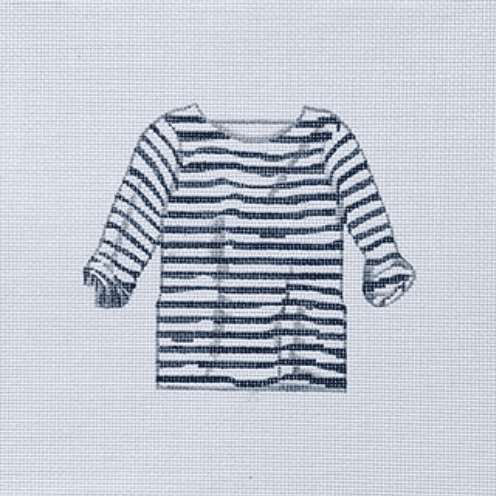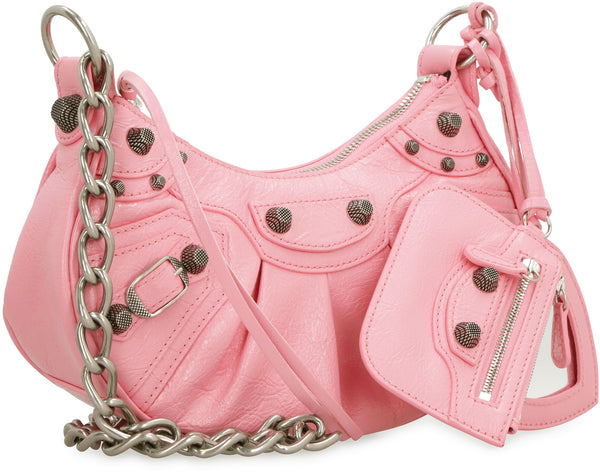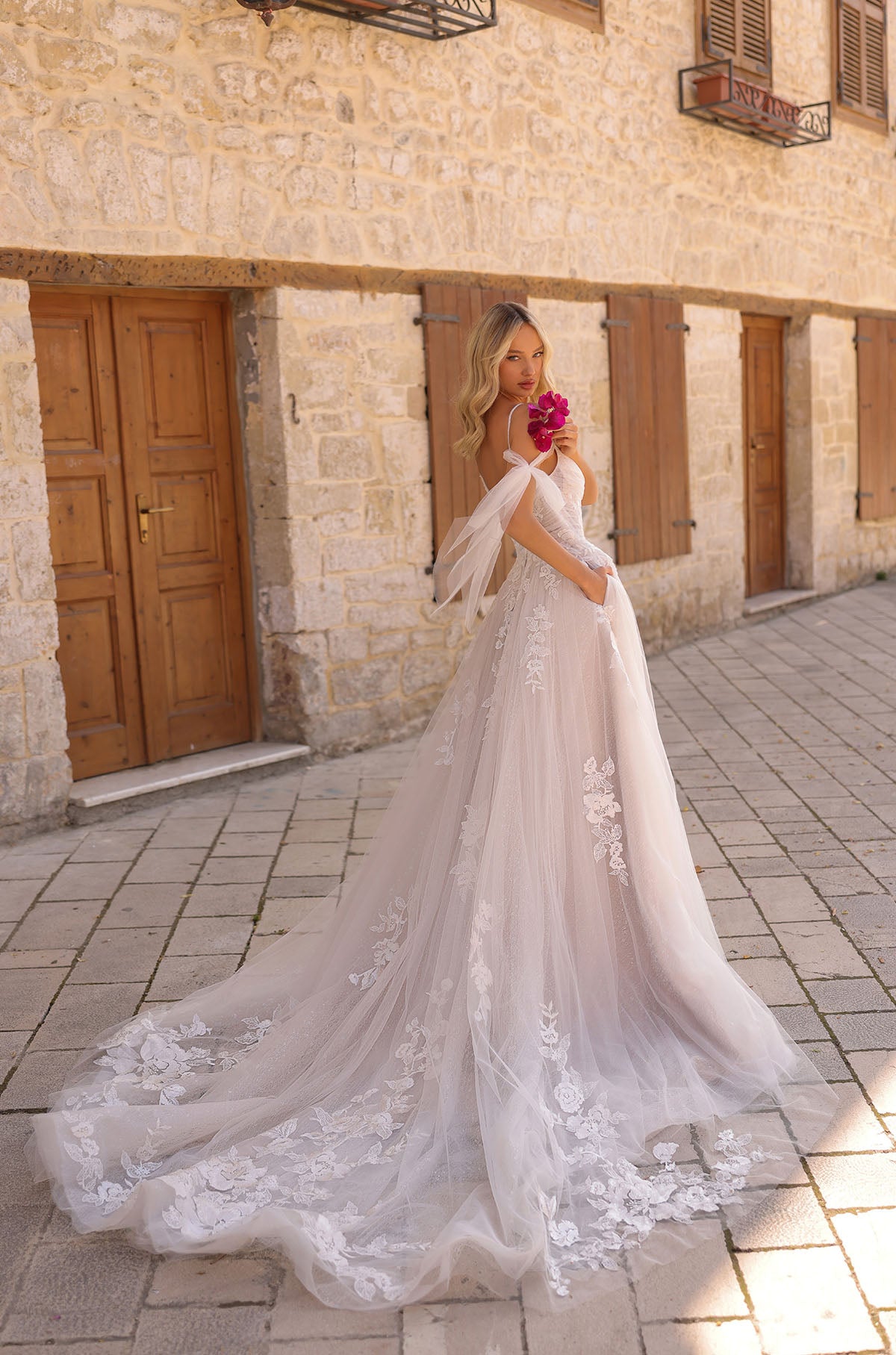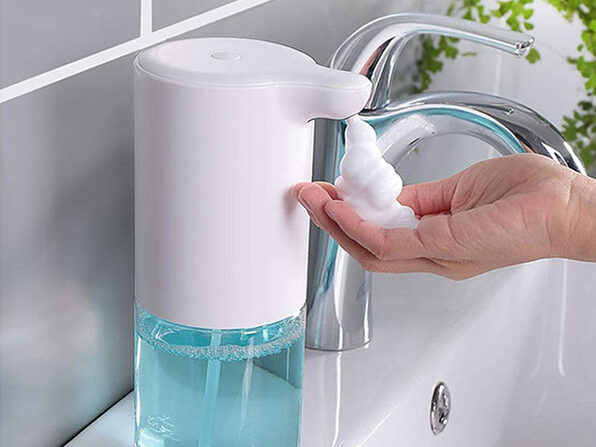Table of Contents
1. When is the Best Time to Visit Borneo?
Travellers can visit Borneo at any time during the year, but the country does have two highly distinct seasons. The wet season runs from September to February, while the dry season runs from March to August. Typically, rainfall is quite sporadic throughout the wet season, with some weeks being torrential and others completely dry. This provides the possibility of planning holiday trips to Borneo with smaller crowds, fewer tourists and potentially great weather because of the wet season. Temperatures will be affected because of the altitude with higher elevated areas being significantly cooler than the coastal regions. Overall, Borneo enjoys a constant temperature of approximately 80 to 90 degrees Fahrenheit in the lowlands and 65 to 75 degrees Fahrenheit in the mountains throughout the year.
2. What is the Accommodation Like?
Contrary to popular belief, there is a plethora of accommodation in Borneo, giving tourists a wide choice ranging from bed and breakfast homes to boutique island hotels. Whether you are staying near Kinabatangan for a Kinabatangan river cruise or by Mount Kinabalu, the majority of the luxurious hotels present with hot water, private baths and clean rooms. It is possible to locate hotels in good locations, irrespective of whether that is close to main attractions or deep in the jungle, where wildlife is viewed in its prime. The larger hotels, however, tend to be found in cosmopolitan regions as they tend to be the only options available in these areas.
3. What is the Common Food Found in Borneo?
Defining Borneo cuisine into a specific category is an impossible task, particularly in the north-eastern Malaysian state of Sabah where there are 28 identified indigenous groups with over 500,000 ethnic Chinese cooking styles. When dining out in Sandakan or Koto Kinabalu, you will discover that the stable ingredients are freshwater fish and seafood. Fish and pork are often barbecued, grilled or fried with rice, then combined with noodles in a spicy soup; they can also be sautéed with local vegetables such as ginger or garlic, and topped off with local sauces. The dishes can be consumed by both meat-eaters and vegetarians, and the majority of restaurant staff speaks English, so you do not need to be shy if you want to customise your order.
4. How Safe is Borneo?
Borneo is an island and the tours operate within the northern state of Sabah, Malaysia; so, Malaysia is a relatively secure country in both the larger cities and the rural areas. Of course, travellers need to remain aware of their environment and use common sense when exploring their surroundings at night. While the crime rates in Malaysia are statistically low, especially against tourists, the most common problem reported is pickpockets. Pickpockets tend to operate when the tourist is visiting shopping locations or crowded marketplaces. Be careful and keep your possessions below your top layer of clothing to prevent any items from being stolen.
5. Is the Altitude Something I Should Worry About?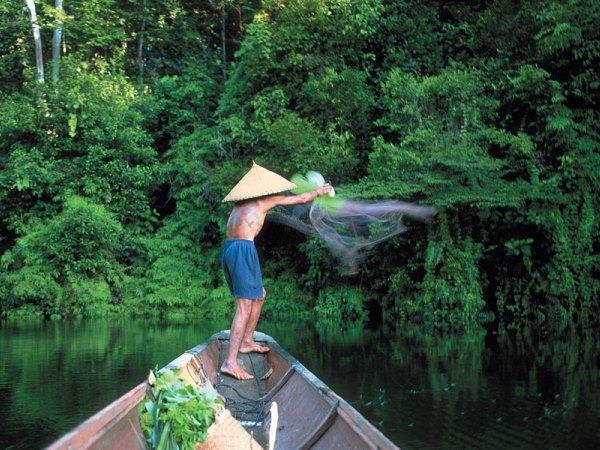
Travellers who plan to climb Mount Kinabalu, visit the Kinabalu National Park or travel through the Crocker Range should take note of the altitude differences between sea level and these locations. The summit of Mount Kinabalu is 13,435 feet, the headquarters of the Kinabalu National Park is 5,000 feet, and the Crocker Range trek has an altitude of 5,000 feet above sea level. If you are planning to venture to any of these areas, it is important that you consider the chance of altitude sickness; despite this being a rare situation. In this situation, the best treatment is to head down in elevation as soon as possible. The majority of severe altitude sickness cases are a result of pre-existing conditions that were aggravated by the elevated altitude. It is essential to speak with your doctor to discuss whether or not travelling to a higher altitude is recommended, particularly if you have a pre-existing lung or heart condition. You should also contact a medical physician regarding the prescription Diamox, which is a diuretic that makes travellers more easily adjust to altitudes when moving from one location to the next.
6. Can You Drink the Water?
The tap water is often not safe to drink regardless of where you are in Borneo. Bottled water is typically available at hotels, restaurants and tourist sites.





